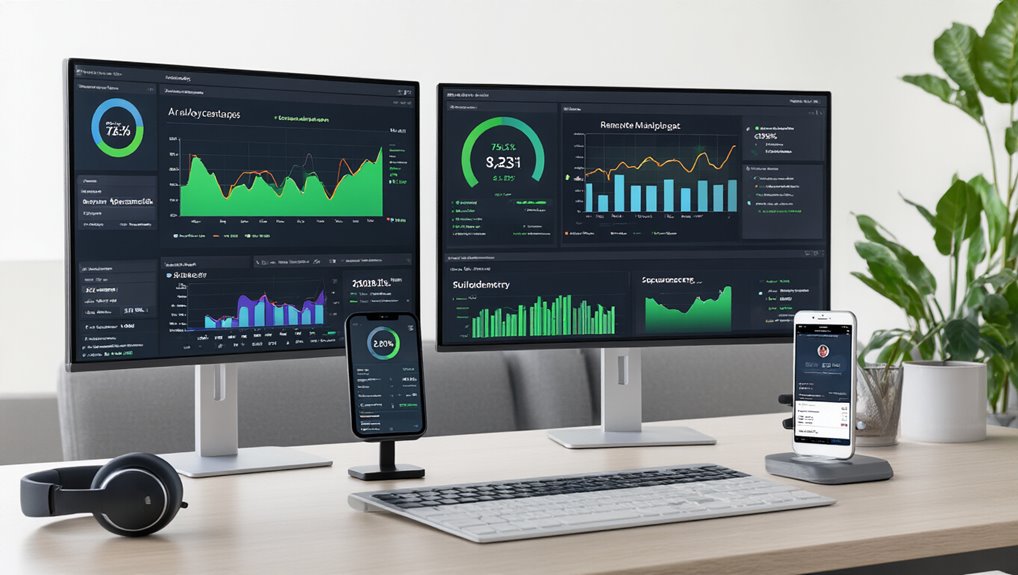Why are modern marketing teams increasingly turning to API-driven technology stacks? The shift stems from a growing need to centralize and maximize the value of customer data across multiple platforms. Marketing professionals now require solutions that enable them to gather, analyze, and act upon customer insights with unprecedented speed and precision.
API-driven architectures deliver this capability by creating seamless connections between various marketing tools, databases, and customer touchpoints. These integrated systems provide marketers with a holistic 360-degree view of customer behavior. By centralizing data from multiple SaaS applications, teams can automate the collection of real-time marketing metrics, assess campaign performance, and optimize spending across channels.
Modern API infrastructures connect marketing ecosystems, providing the complete customer visibility needed to optimize campaigns in real time.
This approach has proven particularly effective at improving return on ad spend (ROAS) by identifying which channels deliver the best results. Development speed represents another compelling advantage of API-driven stacks. Instead of building functionality from scratch, marketers can leverage pre-built APIs to rapidly deploy new applications and tools.
This reusability greatly reduces time to market for campaigns and digital products while lowering overall development costs. Teams can launch initiatives faster and respond more nimbly to market changes. The operational efficiency gains are substantial. APIs automate workflows that previously required manual intervention, such as:
- Synchronizing lead data between platforms
- Processing invoices and marketing materials
- Implementing customer segmentation
- Triggering campaigns based on behavioral cues
These automations eliminate human error while freeing marketing teams to focus on strategy rather than data preparation. The real-time data flow between platforms like Salesforce, Google Sheets, and marketing tools ensures that insights are always current and actionable. Solutions like Fivetran with over 900 connectors enable organizations to ingest 400 million active rows of data monthly, providing unprecedented access to customer information.
The flexible, loosely coupled architecture of API-driven systems makes them particularly valuable for marketers operating in rapidly changing environments, as they provide resilient infrastructure that can adapt to technological shifts without requiring complete system overhauls.
Similar to how B2B integration reduces operating costs by more than 35%, API-driven marketing stacks deliver significant financial efficiencies through automation and improved data utilization. Perhaps most importantly, API-driven stacks scale alongside business growth. As companies expand globally or enter new markets, their technology infrastructure can adapt without requiring complete rebuilds. This flexibility allows marketing teams to continually innovate, adopt emerging technologies, and maintain competitive advantage in rapidly evolving digital landscapes.









